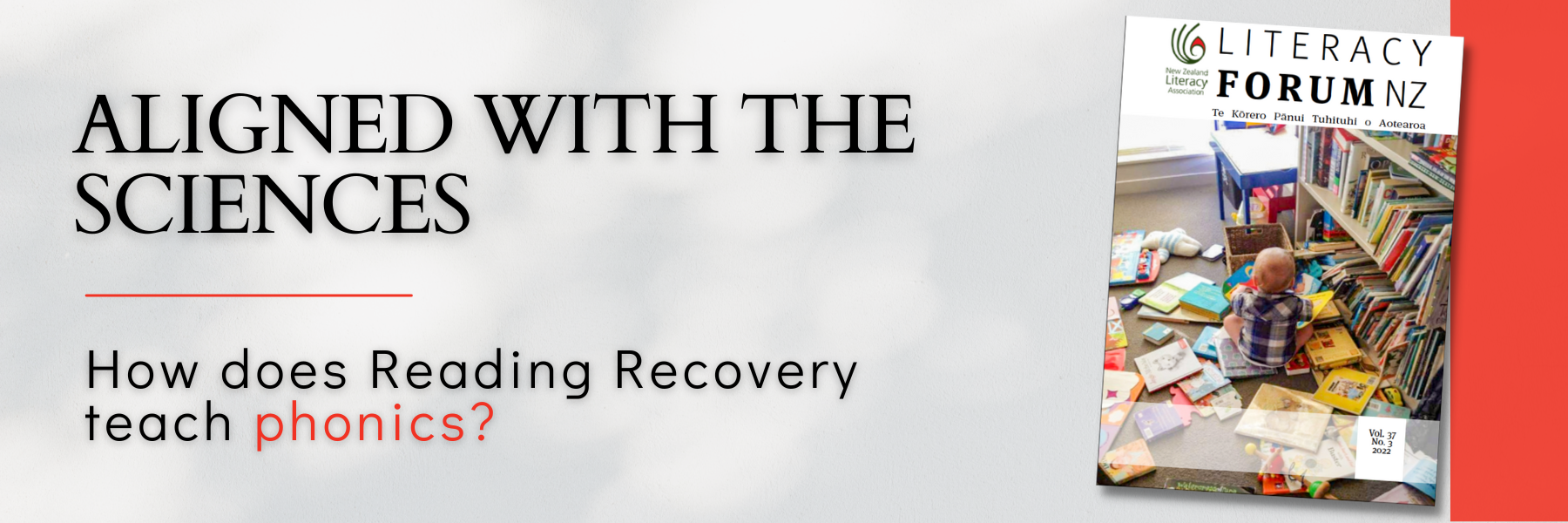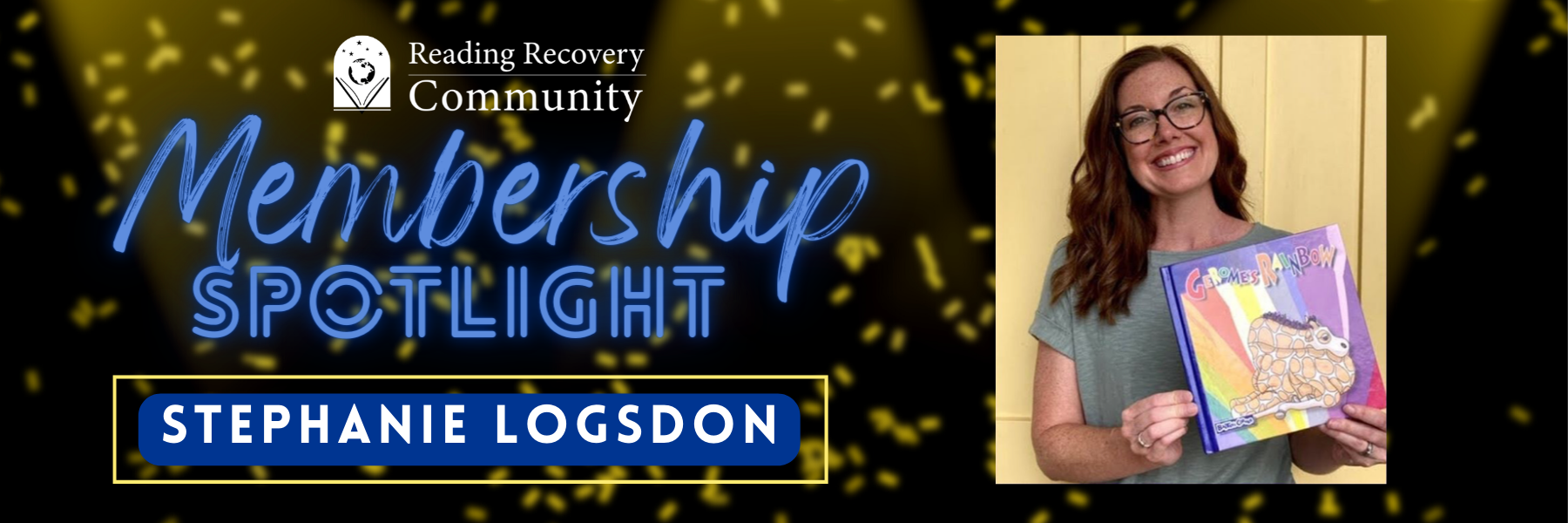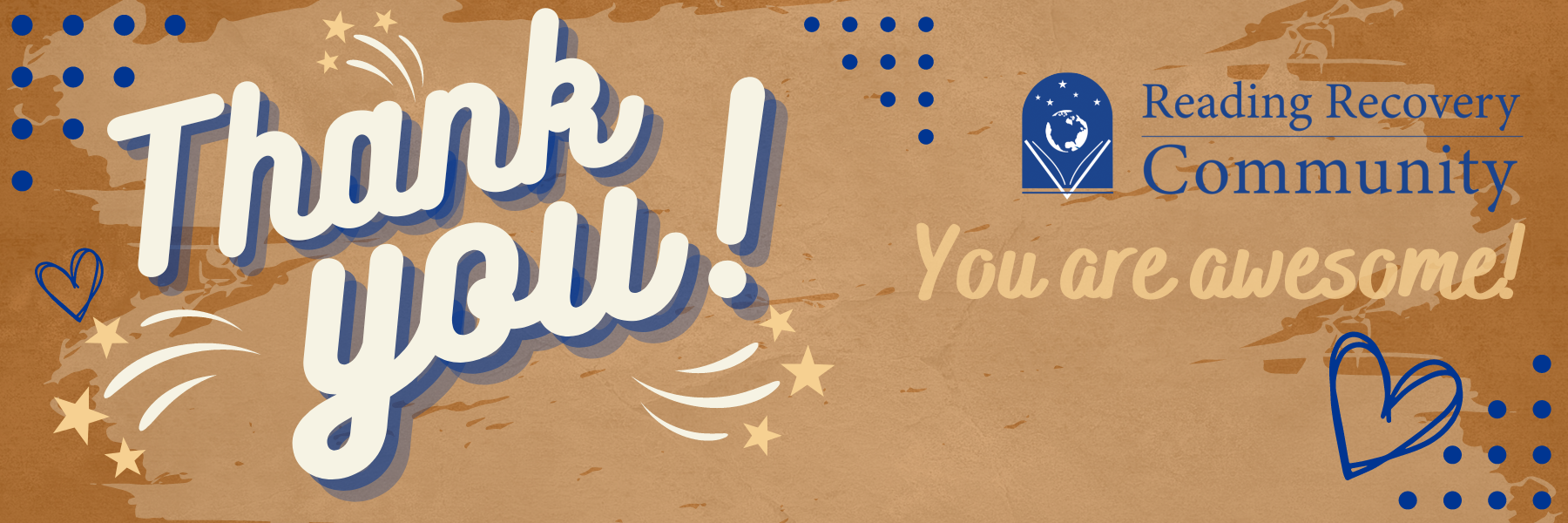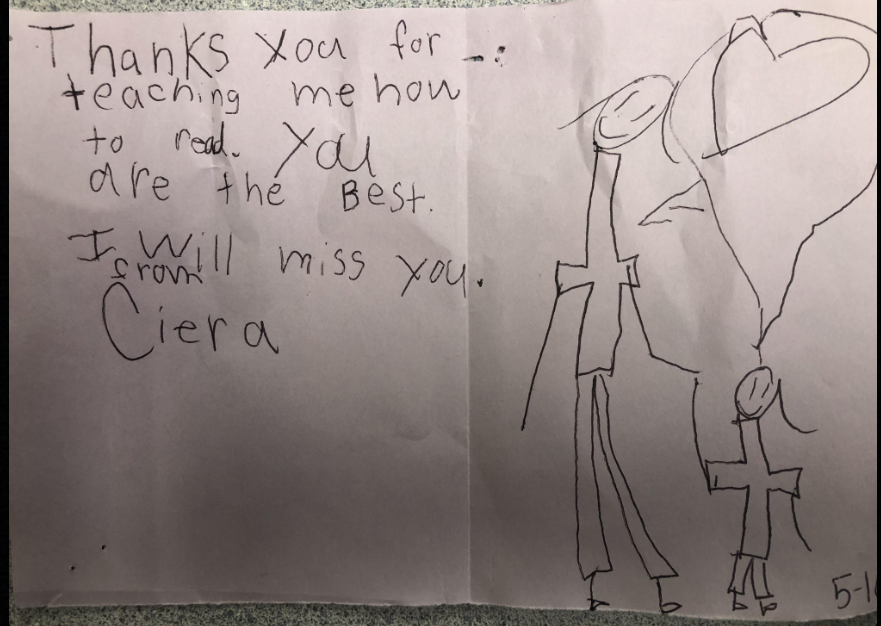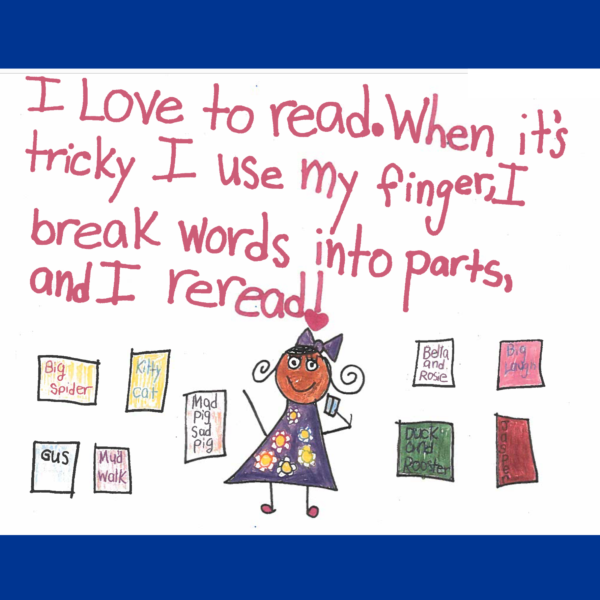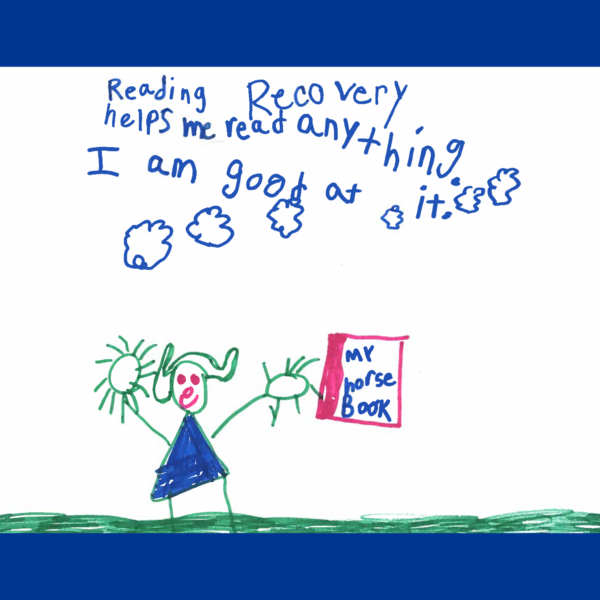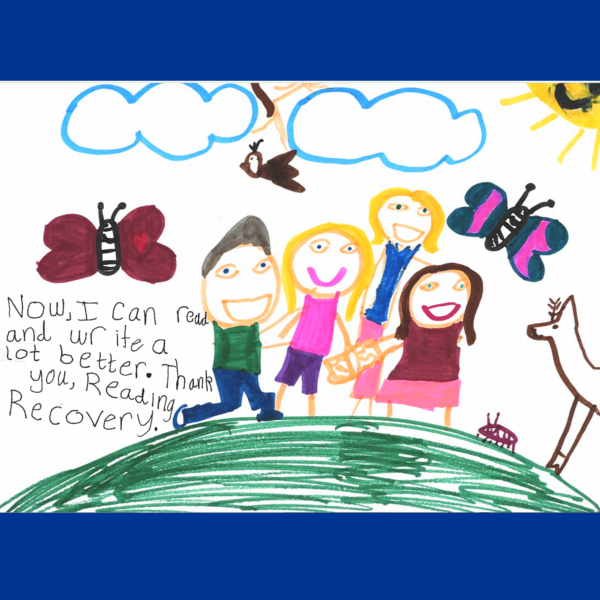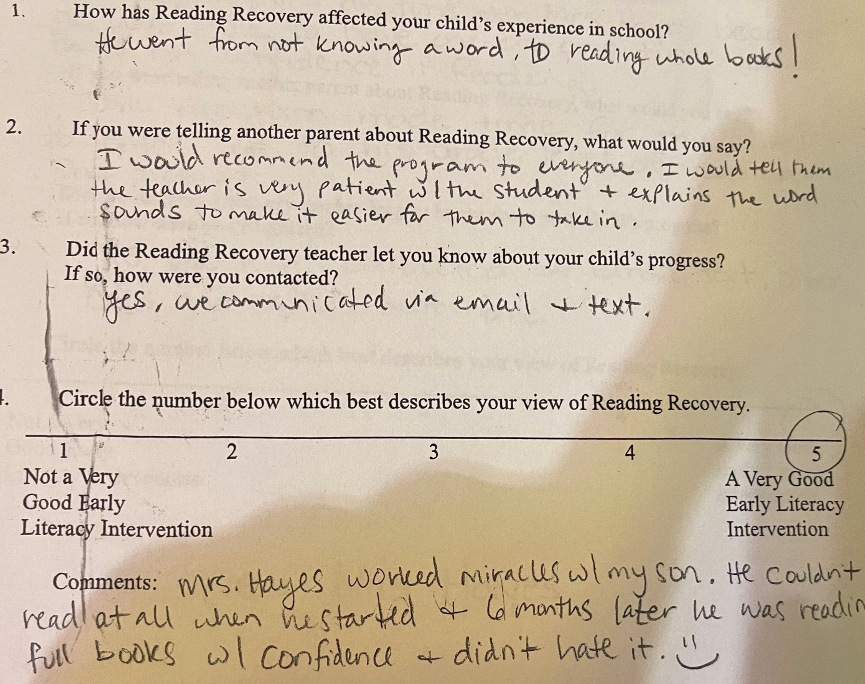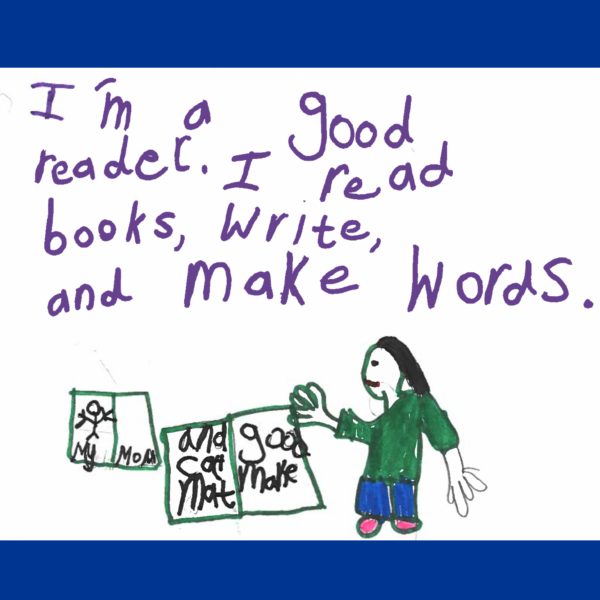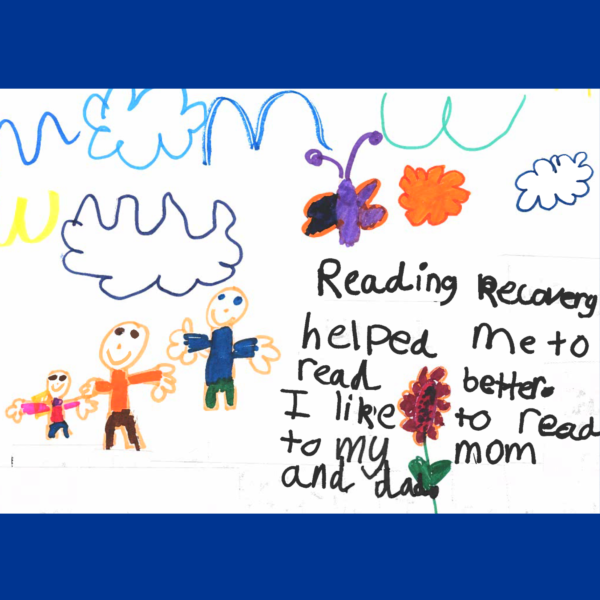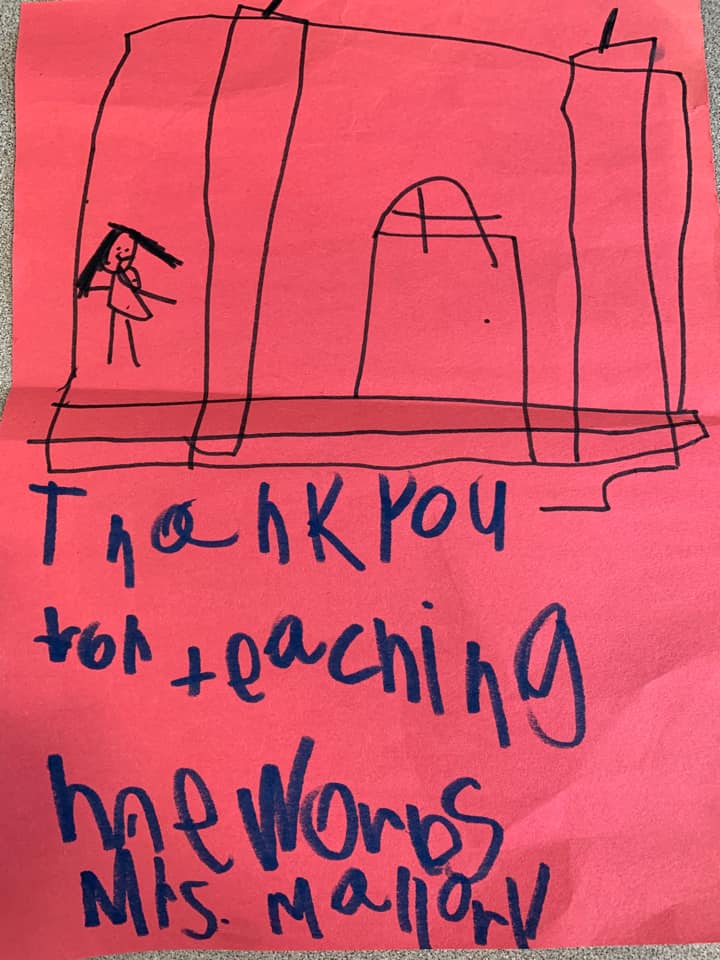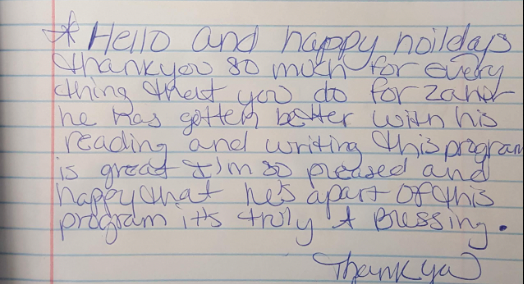Interview with LitCon Featured Speaker Paul Thomas
Video shared with permission by Dr. Sam Bommarito, author of Dr. Sam 7, Seeking Ways to Grow Proficient, Motivated, Lifelong Readers & Writers: https://doctorsam7.blog/2022/12/03/rethinking-reading-policy-in-the-science-of-reading-era-what-paul-thomas-will-be-saying-at-litcon-this-year-an-update-by-dr-sam-bommarito/
P. L. Thomas, Professor of Education (Furman University, Greenville SC), taught high school English before moving to teacher education. He is author of How to End the Reading War and Serve the Literacy Needs of All Students. Register today to hear hearing Paul Thomas in his presentation Rethinking Reading Policy in the Science of Reading Era at LitCon on Jauary 29. Since 2018, states have been revising or adopting new reading legislation prompted by the science of reading movement. Placed in the context of several reading crises over the last 100 years, however, this movement is deja vu all over again, destined to fail and be replaced by another reading crisis in the near future. This session explains why and offers a new approach to reading policy at the state, district, and school levels.
In this interview, RRCNA member Dr. Sam Bommarito discusses Paul’s perspective on rethinking reading policy in the Science of Reading Era.


